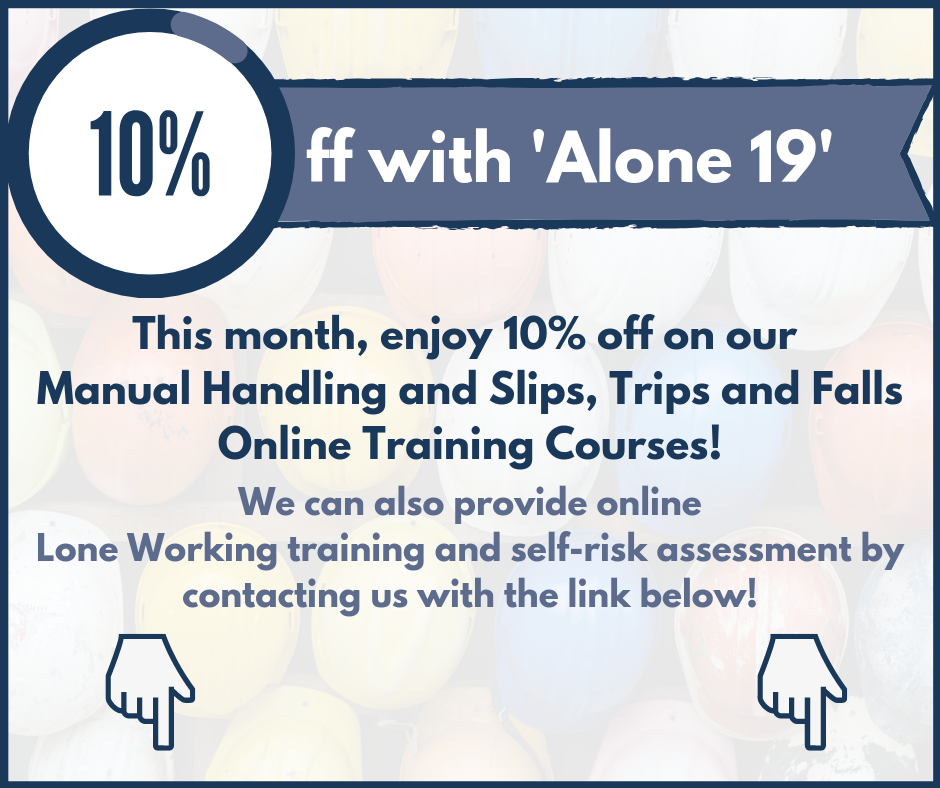Who is a Lone Worker?
 It is estimated that up to 8 million people in the United Kingdom are lone workers. That’s 22% of the 31.2m UK working population.
It is estimated that up to 8 million people in the United Kingdom are lone workers. That’s 22% of the 31.2m UK working population.
Lone workers are those who work by themselves without close or direct supervision. Anybody who works alone, including contractors, self-employed people and employees, is classed as a lone worker.
Lone working is legal but an employer still has the main legal obligation to consider the health and safety risks related to Lone Working. These are:
- accidents or emergencies arising out of the work, including the inadequate provision of first aid
- sudden illnesses
- inadequate provision of rest, hygiene and welfare facilities
- physical violence from members of the public and/or intruders
Case Studies of When Things Go Wrong
 Many companies use an alert system which use Amber/Red Alerts to let their employers know they are entering a lone working situation or if they need help whilst working alone. However, this does not always work quick enough in the case of an emergency, as shown below.
Many companies use an alert system which use Amber/Red Alerts to let their employers know they are entering a lone working situation or if they need help whilst working alone. However, this does not always work quick enough in the case of an emergency, as shown below.
A tragic case of a lack of care for lone workers occurred in December 2013 when a father-of-two died in December 2013 after falling into six and a half feet of water inside the tank while unblocking a filter at a water treatment works. Despite activating the company’s lone worker alarm system it wasn’t until he failed to respond to a phone call – some 90 minutes later – that someone was sent to investigate.
A well-known case that occurred in 1986 but is still a danger for lone workers today is the disappearance of Suzy Lamplugh. Suzy was an estate agent who met with a client at a house but was never seen again following this. She has been officially declared dead, presumed murdered. The Suzy Lamplugh Trust has been set up to offer personal safety advice when working alone.
What You Can Do
 The HSE’s guide for Lone Working states that “Training is particularly important where there is limited supervision to control, guide and help in uncertain situations.” As a result, it is recommended that lone workers are provided with extra training so that they have the best knowledge possible in avoiding, preventing and managing hazards in the first place.
The HSE’s guide for Lone Working states that “Training is particularly important where there is limited supervision to control, guide and help in uncertain situations.” As a result, it is recommended that lone workers are provided with extra training so that they have the best knowledge possible in avoiding, preventing and managing hazards in the first place.
Other tips include:
- All operators carry mobile phones
- Always keeps in contact in regards to work locations
- If working alone in an office, lone workers should keep the front door locked when on-site and turn the security alarm on when they leave site.
- Any medical conditions checked through HS and annual reviews
How We Can Help
Many hazards Lone Workers face involve two principal high-risk situations: Working at Height and Slips, Trips and Falls. Here at WA Management, we provide these very two online training courses and for this month only, you can get 10% OFF with the code ‘Alone19’.
We can also provide online Lone Working training and self risk assessment by contacting us HERE.

